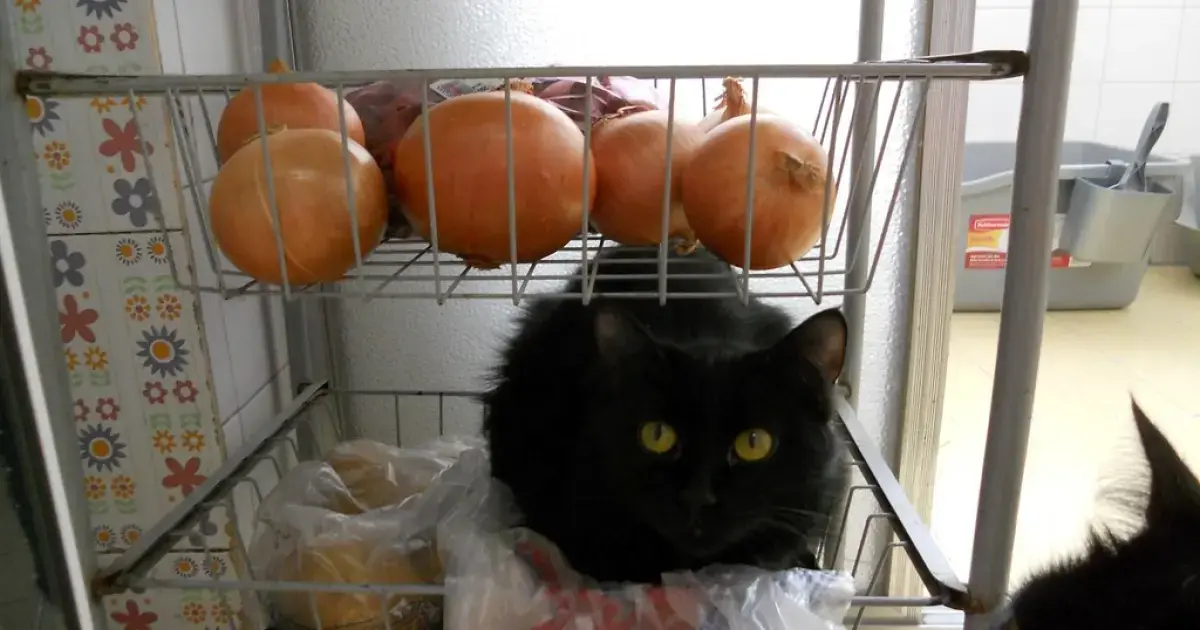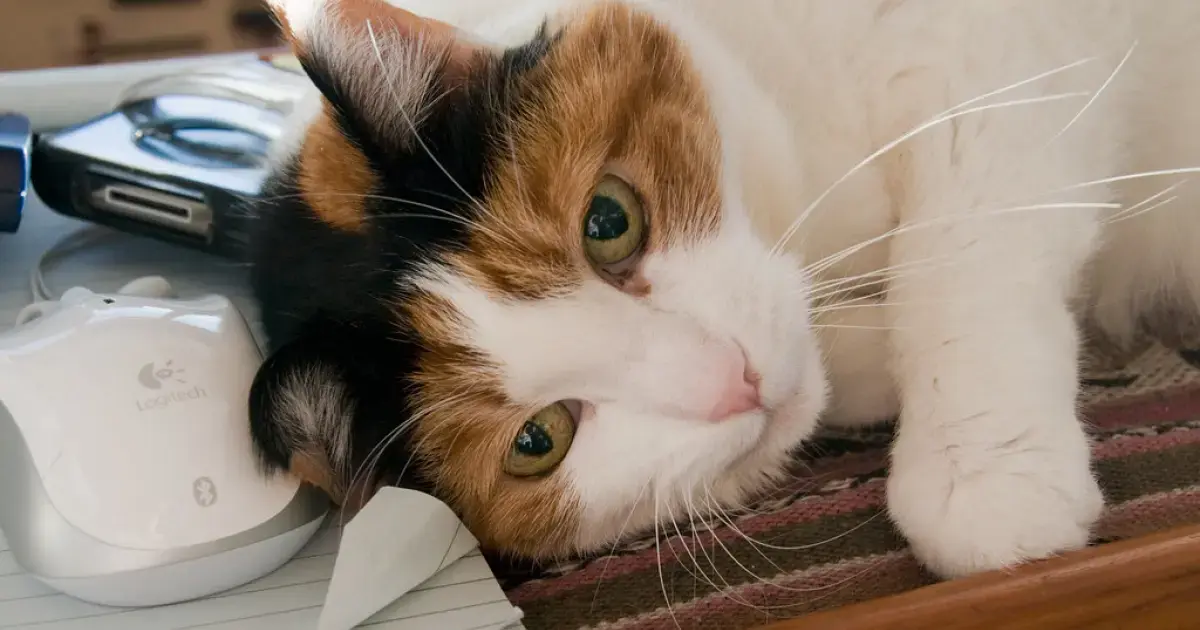 A team of Italian veterinarians has documented serious health consequences for domestic that consumed onions. Their findings shed new light on the detrimental effects of improper nutrition for pets.
A team of Italian veterinarians has documented serious health consequences for domestic that consumed onions. Their findings shed new light on the detrimental effects of improper nutrition for pets.
In a study published in the journal Discover Animal, researchers described a rare case of severe anemia in a cat, characterized by the premature destruction of its red blood cells.
The condition, which led to loss of appetite and lethargy, required urgent medical intervention. Blood tests confirmed that the animal was suffering from a condition known as hemolytic anemia, as reported by Independent.
The scientists found that these symptoms were a reaction to the cat’s consumption of onions. For cats, this vegetable is toxic due to the presence of a compound called thiosulfate, which contributes to the destruction of red blood cells.
What did the experts report?
Researchers discovered an accumulation of denatured hemoglobin molecules in the cat’s blood, known as Heinz bodies (HB). This indicated oxidative damage to the red blood cells, a sign of disease caused by certain toxins, particularly those found in .
Tests also revealed the presence of “ghost cells” in the animal’s blood—remnants of red blood cells that had lost their intracellular content. The study illustrated how these cellular changes occurred in the cat’s blood, leading to signs of anemia.
“This clinical case report suggests that onion consumption can lead to anemia with significant changes in red blood cells, such as the appearance of ghost cells with extraordinarily large hematological cells, which have not been previously described in cats consuming onions,” the experts noted.
The study’s results highlighted the dangers of oxidative damage caused by onion consumption in cats and emphasized that pet owners need to be more vigilant about their furry friends’ diets.

Why are cats vulnerable to onions?
Cats are carnivorous , and their unique metabolic profile makes them extremely sensitive to certain foods. These animals lack sufficient enzymes needed to effectively metabolize some compounds, particularly those found in onions.
Typically, when cats ingest such harmful foods, treatment involves inducing vomiting to prevent further absorption of toxins. In particularly severe cases, a blood transfusion may be necessary to stabilize the animal’s condition.
Researchers urged pet owners to raise awareness about the dangers associated with foods toxic to cats, such as onions, garlic, and chocolate. Veterinarians also advise cat owners to store these products securely, well out of reach of their feline companions.
Photo: Opendverse
